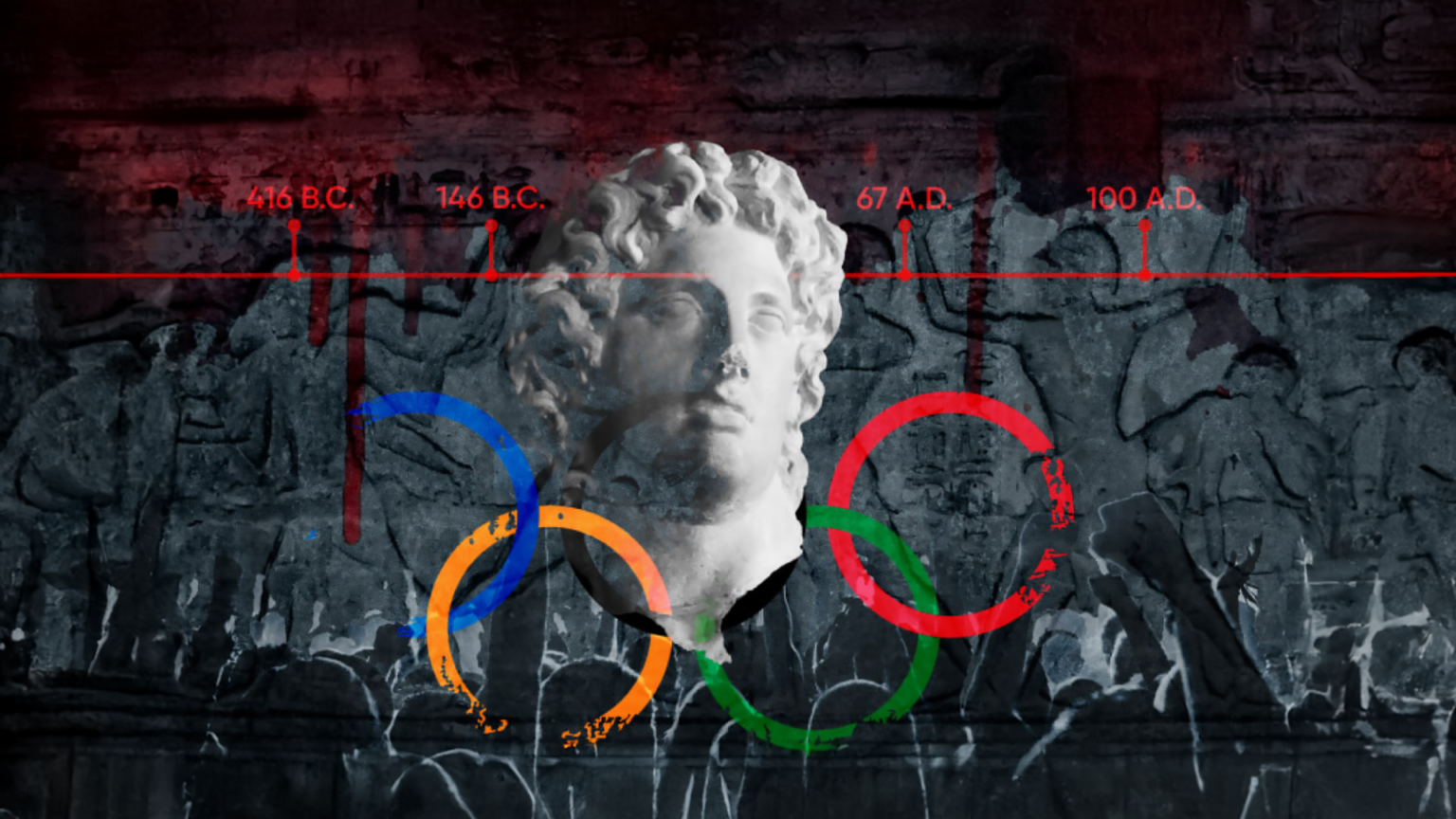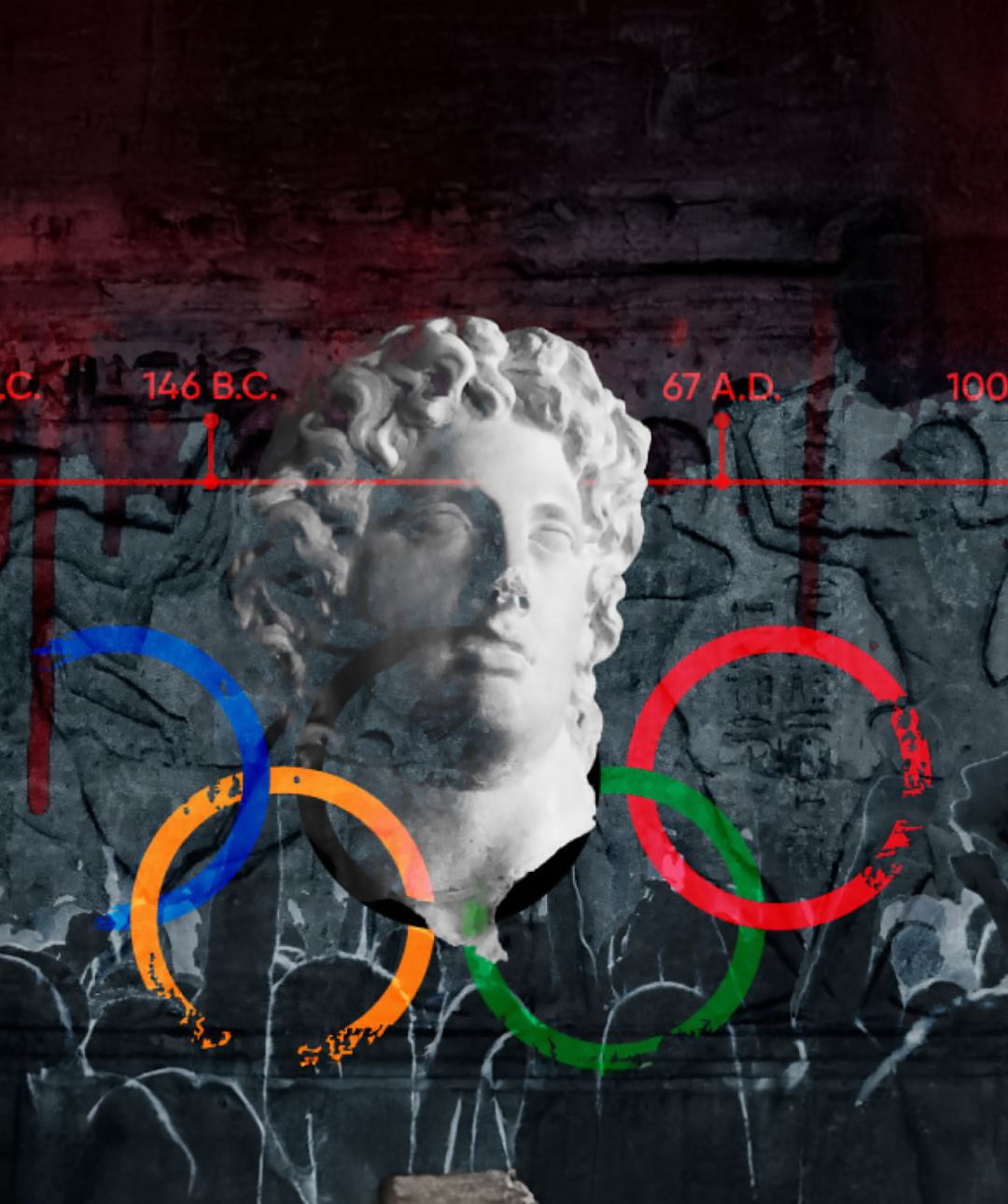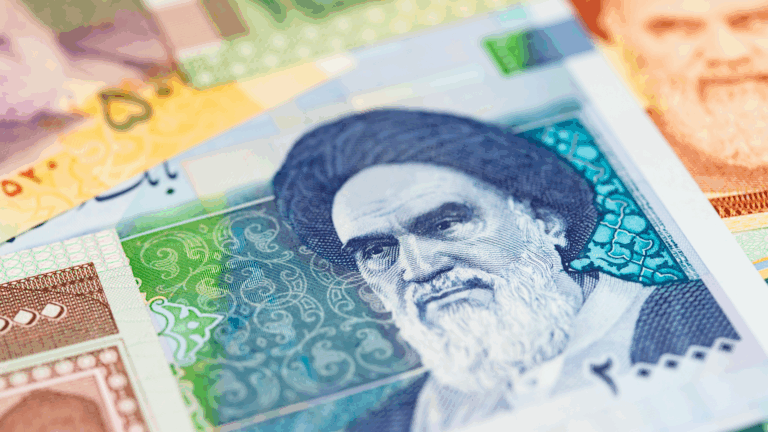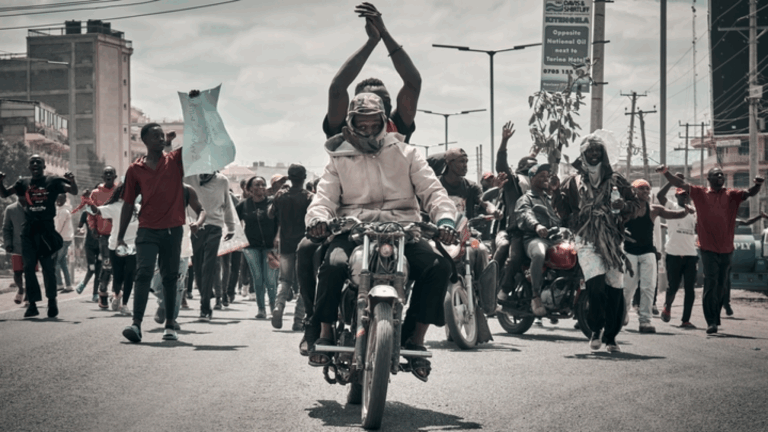In the Olympic Games of 416, Athenian statesman and military general Alcibiades fielded seven teams in one of the most prestigious Olympic events, the four-horse chariot race known as the quadriga.
It was a staggering display of wealth and power, carefully staged to present Alcibiades as an unstoppable force. He emerged victorious while his other teams placed second and fourth. Such an achievement was unprecedented in the Panhellenic Games.
Victory at Olympia granted athletes status and influence, catapulting them to the elite echelons of Greek society. Alcibiades, however, was no ordinary victor. Leveraging his established political standing, he utilized his victory to bolster his popularity and shape Athens’ image as a formidable and resourceful city, a crucial narrative at the height of the Peloponnesian War with Sparta, which Athens happened to be losing.
Upon his return as champion, Alcibiades used his success at the Games to persuade the assembly to appoint him as leader of an Athenian military expedition to Sicily.
“More than to others, Athenians, it is up to me to take the lead. And I think that I am worth it,” Alcibiades was recorded saying in his speech by Thucydides. “On the basis of my splendid performance at the Olympic Games, the Greeks assumed our city to be very powerful and greater than it really is. Custom regards such displays as honorable, and they cannot be made without leaving behind them an impression of power.”
While the expedition ended in a devastating defeat for the Athenian forces, Alcibiades Olympic triumph was one of the earliest recorded examples of a politician utilizing sports for political maneuvering — a process now known as sportswashing.
Sportswashing — a word that first came to prominence in 2015 ahead of the European Games in Baku, Azerbaijan — broadly refers to the deployment of sports, primarily through hosting events or sponsoring teams, to cultivate a more favorable public image and divert attention away from contentious issues. The tactic is popular among authoritarian regimes, many of whom weaponize sports, including mega-events such as the FIFA World Cup and the Olympic Games, to improve their international reputation while distracting from poor human rights records.
For example, Russia hosted the 2014 Olympic Games in Sochi and the 2018 World Cup, both of which have been criticized as attempts at reputation laundering following Vladimir Putin’s annexation of Crimea in 2014 and his warmongering efforts in eastern Ukraine during that time. Four years after hosting the World Cup — arguably Russia’s most successful sportswashing display — Putin launched a full-scale invasion of Ukraine.
Wealthy theocratic monarchies in the Persian Gulf have taken the practice of sportswashing to new heights through unprecedented investments in some of the world’s most prominent sports brands. This is exemplified by Abu Dhabi’s takeover of Manchester City in 2008, Qatar’s purchase of Paris Saint-Germain, and Saudi Arabia’s acquisition of Newcastle United.
While wealthy regimes have seemingly perfected the process of sportswashing, some of the core ideas behind the current trend date back thousands of years, far before Alcibiades’ legendary race at the 416 Games.
For most, the history of ancient sports is primarily focused on classical antiquity, mainly due to the countless sources on Greek and Roman sports. Sports, however, were also popular among their Mediterranean predecessors, including in Egypt.
Wrestling was particularly popular with the ancient Egyptians. The sport appeared frequently in Egyptian art, including expansive scenes as far back as the Old Kingdom tomb of Ptahhotep (2300 BC). However, arguably the most significant of the scenes was discovered at the temple of Ramses III at Medinet Habu, where a detailed scene from a wrestling match from the days of Ramses II gave us arguably the earliest example of the political nature of sports, as well as the role it can play in elevating empires.
The match depicted was between an Egyptian and a Nubian, with Ramses’ international court as the audience. Those in attendance included Nubian diplomats, who watched as their ethnic compatriots are defeated by the mighty Egyptians — a symbolic display of Egypt’s dominance over its neighbors in the region. The final segment in the Medinet Habu frieze depicted a victorious Egyptian wrestler standing over his defeated Nubian foe. The victor is celebrated, while the defeated opponent is forced to acknowledge his loss by kissing the ground before the Pharaoh.
The Medinet Habu frieze shed light on wrestling’s role in political affairs, particularly as a symbol of Pharaoh’s strength and its regional supremacy over neighboring Nubia, even as the latter gained influence.
This practice endured thousands of years later in Ancient Greece. The Olympic Games, for instance, were more than just a religious celebration that incorporated athletic competitions. It was an opportunity for city-states to display power and strength without resorting to warfare. Victors at the Games were imbued with an aura of invincibility that reflected their city-state.
Beyond the opportunity to assert dominance over rivals, city-states also used the Games to discuss political issues, form political and military alliances, and occasionally thaw relations between warring states, if only temporarily.
Following Greece’s assimilation into the Roman Empire in 146 BC, the Olympic Games underwent a drastic decline. In 67 AD, Roman Emperor Nero decided to participate in the 211th Olympiad. He took part in the chariot races and introduced contests in music, poetry and acting — all areas that reflected his personal interests. He was subsequently declared the winner in every event he participated in, including the ten-horse chariot race in which he fell off during the contest.
Following Nero’s death, his victories were declared void by Olympic authorities.
The Romans also engaged in their own form of sportswashing, a practice known as bread and circuses. The phrase, which appeared in a poem by the Roman author Juvenal, describes the process of Roman rulers distracting their population with free food and violent entertainment, the latter of which took the form of sporting events at the Colosseum. The most popular events at the time were the gladiator games.
What Juvenal was shrewdly asserting in his poem, and which remains relevant to this day, was that Romans, once an intelligent and politically engaged populous, had actively traded their power and influence in exchange for mindless entertainment, freeing Rome’s tyrannical rulers to control all aspects of political life.
Across the annals of history, the echoes of sportswashing resonate from the ancient Egyptian displays of power to the prestigious contests of the ancient Greek Olympics and the grand spectacles of bread and circuses in Rome. The common thread linking these ancient practices to their modern counterparts, as wielded by figures like Vladimir Putin and Mohamed Bin Salman, lies in the manipulation of sports for political ends.
Whether in ancient amphitheaters or contemporary arenas, sportswashing remains a potent tool for diverting attention, projecting a positive image, and consolidating power.








